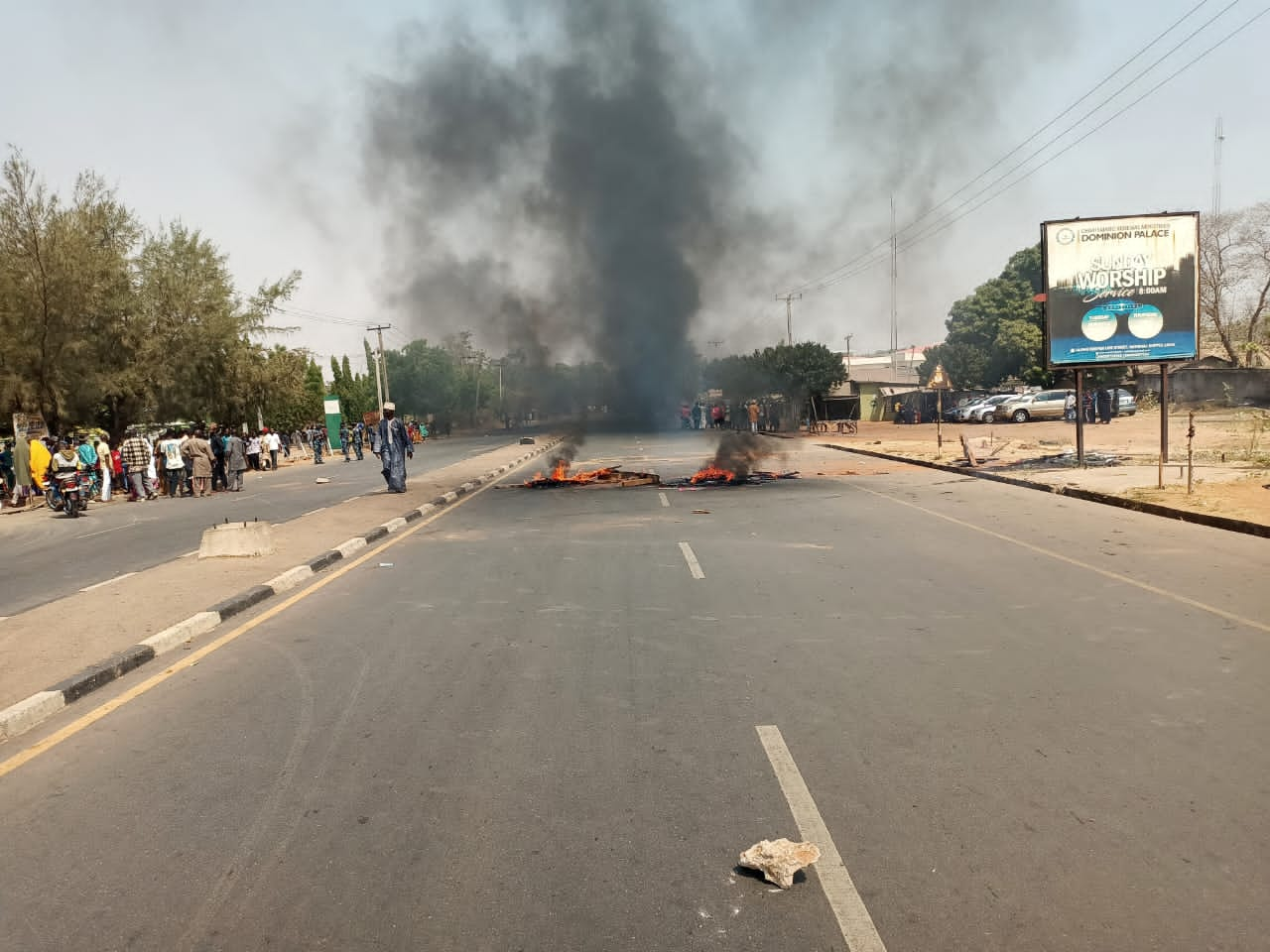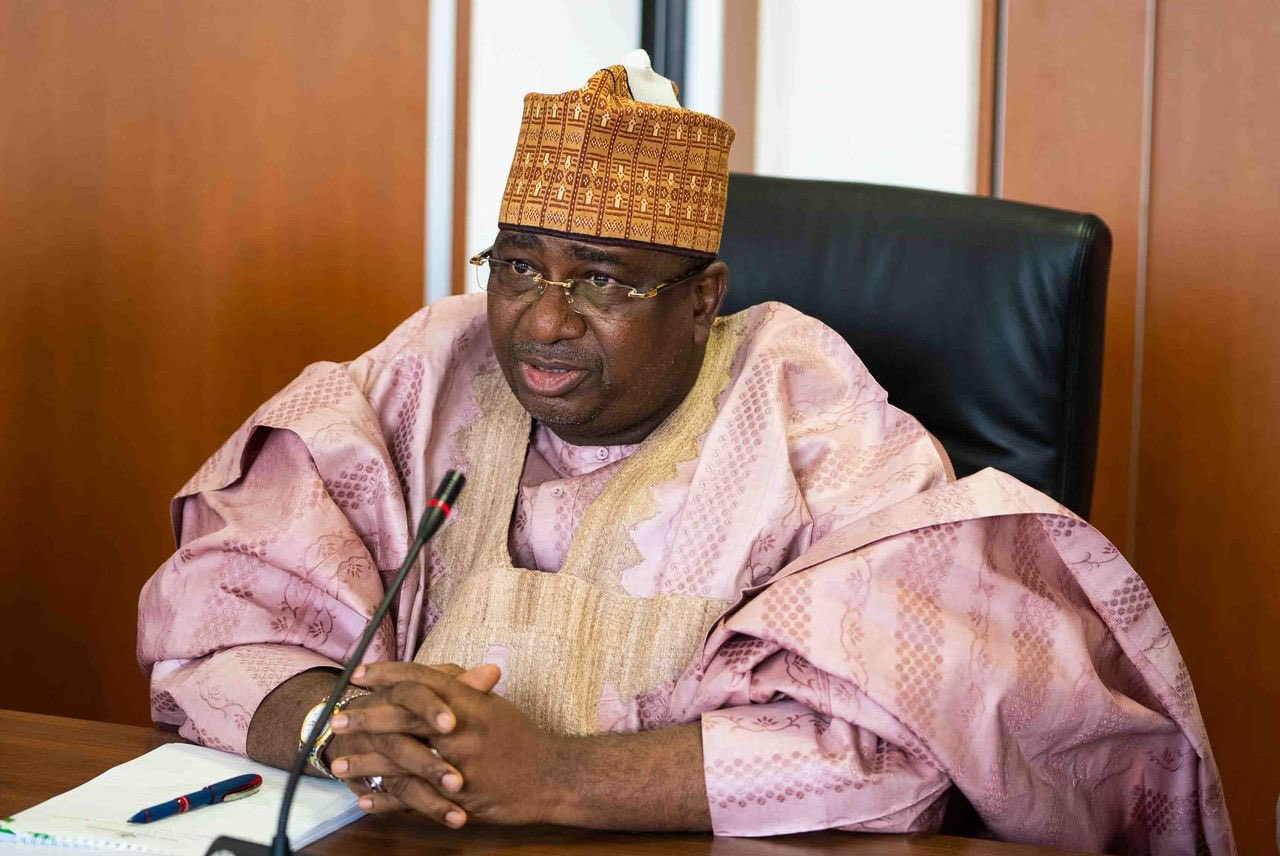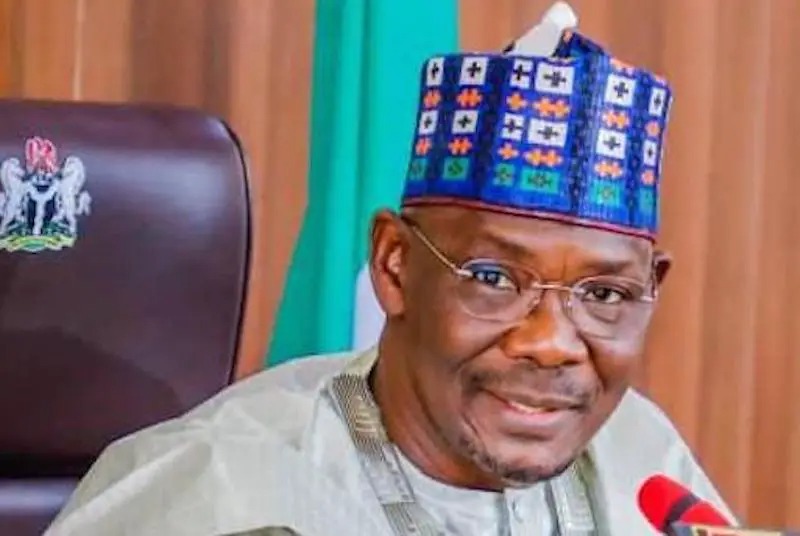Politics
Six states petition Supreme Court to nullify 2023 presidential election

Six states petition Supreme Court to nullify 2023 presidential election
Adamawa, Akwa-Ibom, Bayelsa, Delta, Edo, and Sokoto states have dragged the Federal Government before the Supreme Court over the conduct of the February 25, 2023, presidential and National Assembly elections.
The suit filed by the Attorneys General of the six states has the Attorney General of the Federation as the sole respondent.
The plaintiffs on February 28 predicated their case on the grounds that, “The collation of the national election results from the 36 states of the Federation, and that of the Federal Capital Territory, for the said 2023 presidential and National Assembly elections have not been carried out in compliance with the mandatory provisions of relevant sections of the Electoral Act, 2022; the INEC Regulations and Guidelines for the Conduct of Elections, 2022, made pursuant to the provisions of the Electoral Act, 2022; and the INEC Manual for Election Officials, 2023.”
In the suit filed by their lawyer, Mike Ozekhome, SAN, the states said the agents and officials of the Federal Government and INEC failed to transmit the collated result as prescribed by the provisions of the Electoral Act, 2022; the INEC Regulations and Guidelines for the Conduct of Elections 2022; and the INEC Manual for Election Officials requiring transmission of the results by the use of Bimodal Voter Accreditation System in flagrant breach of the relevant provisions of the Electoral Act, 2022; the INEC Regulations and Guidelines for the Conduct of Elections, 2022; and the INEC Manual for Election Officials, 2023.
They stated that “non-compliance with the due process of law has led to a widespread agitation, violent protests, displeasure, and disapproval from a wide spectrum of the Nigerian populace, including international observers, political parties, well-meaning Nigerians and former Head of States of the Federal Republic of Nigeria”.
The plaintiffs argued that the federal government through INEC, “is empowered by law to correct the elections due to technical glitches and errors arising from the conduct of the elections with a substantial effect on the electoral process in line with the provisions of Section 47 (3) of the Electoral Act, 2022; and other relevant sections thereof.
“Whilst queries were being raised as to the failure or deliberate refusal of INEC to transmit the results electronically, INEC suddenly pulled down its portal harboring the Regulations and Guidelines, thus leaving the plaintiffs in the dark
“Most Nigerians, including the governments and peoples of Adamawa State, Akwa Ibom State, Bayelsa State, Delta State, Edo State, and Sokoto State, are entitled to a proper and electoral lawful process and procedure that guarantees a free, fair, transparent and credible election”.
Amongst the issues raised for determination by the apex court were: Whether having regard to the provisions of the Electoral Act, 2022, governing the 2023 nationwide general elections, particularly paragraphs 38 of the INEC Regulations and Guidelines for the Conduct of Elections, 2022; and paragraphs 2.8.4; 2.9.0; and 2.9.1 of the INEC Manual for Election Officials, 2023 thereof, the electronic transmission of votes collated at polling units and the use of the Bimodal Voter Accreditation System (BVAS) in the transmission of collated result is made mandatory.
“Whether the Federal Government of Nigeria through presiding officers of its executive body, Independent National Electoral Commission was bound to electronically transmit or transfer Polling Unit Results in Form EC8A using BVAS by uploading a Scanned Copy of the said Unit Results to the Independent National Electoral Commission Result Viewing Portal (IReV) in the course of the General Elections held on the 25th of February, 2023 throughout the Federation.
“Whether the Federal Government of Nigeria in the recently held Presidential and National Assembly elections conducted nationwide on 25th February, 2023 through INEC, complied with the mandatory provisions of extant laws, INEC Regulations and Guidelines for the Conduct of Presidential Elections, 2022″
Six states petition Supreme Court to nullify 2023 presidential election
Headlines
Akwa Ibom APC Gears Up to Receive President Tinubu as Governor Umo Eno Joins Party
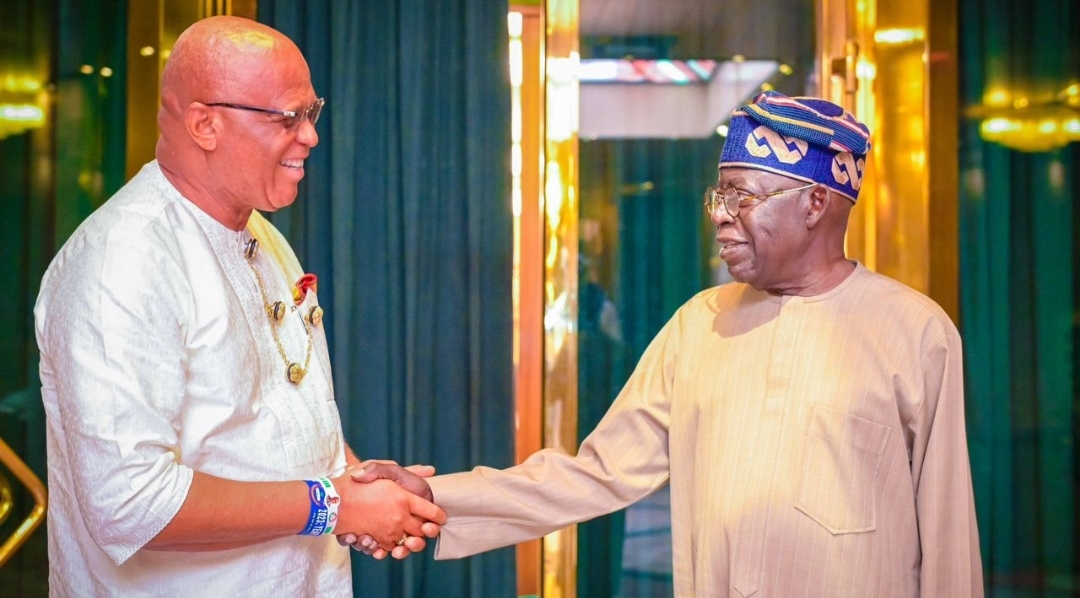
The All Progressives Congress (APC) in Akwa Ibom State has announced its readiness to host President Bola Ahmed Tinubu and other top party leaders as it officially welcomes Governor Umo Eno into its ranks.
Speaking at a press briefing in Uyo on Friday, APC chieftain and former presidential aide, Senator Ita Enang, disclosed that the party was fully prepared to receive the president, Vice President Kashim Shettima, APC National Chairman, and governors elected on the party’s platform for the historic reception.
Governor Umo Eno had on June 6 formally defected from the Peoples Democratic Party (PDP) to the APC, in a move widely described as a political game-changer in Akwa Ibom.
Enang, a former Special Assistant to the President on National Assembly and Niger Delta Affairs, said the governor’s defection had effectively aligned the state with the central government.
He assured Governor Eno and his supporters that the APC would embrace them wholeheartedly and honour all agreements reached.
“As progressives, we shall work with the governor and his supporters to ensure that they fit into the party without hitches,” Enang stated. “We will also work with them to align programmes of the state government with the ideals and manifesto of the party.”
He further described the governor’s move as a “merger” that promises significant benefits for Akwa Ibom and its citizens.
The planned reception is expected to mark a major political event in the state, signaling a realignment of forces ahead of future elections.
Politics
Gov Yusuf directs aides to declare their assets

Gov. Abba Yusuf of Kano State has instructed all his political appointees to declare their assets.
Yusuf gave the directive during an Iftar (Ramadan breaking of Fast) with Heads of Government Agencies and Special Advisers at Government House, Kano.
The governor said that 60 to 70 per cent of the appointees had yet to comply with the Code of Conduct rules.
He urged them to promptly obtain, complete, and submit the necessary forms, to ensure compliance with the law.
Yusuf also addressed special advisers on the importance of providing counsel and submitting reports on governance matters.
He encouraged them to actively monitor government affairs and offer advice, whether positive or negative.
Yusuf also said that 13 Hajj seats bad been allocated to the Heads of Government Agencies.
Responding on behal of the appointees, Dr Rahila Mukhtar, the Executive Secretary of the Kano State Contributory Health Care Management Agency (KCHIMA), thanked the governor for his support.
The Secretary to the State Government, Malam Umar Ibrahim, reminded the appointees of their oath to execute their duties with justice.
Ibrahim urged them to remain committed to Yusuf’s mission and vision, prioritising transformation and improving the standard of living for citizens.
Headlines
Supreme Court nullifies Rivers LG elections

The Supreme Court on Friday, nullified the Local Government election in Rivers State, which was conducted on Oct. 5, 2024.
A five-member panel of the apex court unanimously held that the election was conducted in violation of relevant laws.
Justice Jamilu Tukur, in the lead judgment, agreed with the appellant, the All Progressives Congress (APC), that conditions precedent were not complied with before the Rivers State Independent Electoral Commission (RSIEC) held the election.
Justice Tukur held that there was no evidence that the voters’ registration continued until 90 days before the election and that the requisite notices were issued as required by law.
-

 Headlines3 years ago
Headlines3 years agoFacebook, Instagram Temporarily Allow Posts on Ukraine War Calling for Violence Against Invading Russians or Putin’s Death
-

 Headlines3 years ago
Headlines3 years agoNigeria, Other West African Countries Facing Worst Food Crisis in 10 Years, Aid Groups Say
-

 Foreign3 years ago
Foreign3 years agoNew York Consulate installs machines for 10-year passport
-

 News10 months ago
News10 months agoZero Trust Architecture in a Remote World: Securing the New Normal
-

 Entertainment3 years ago
Entertainment3 years agoPhyna emerges winner of Big Brother Naija Season 7
-

 Headlines1 year ago
Headlines1 year agoNigeria Customs modernisation project to check extortion of traders
-

 Economy1 year ago
Economy1 year agoWe generated N30.2 bn revenue in three months – Kano NCS Comptroller
-
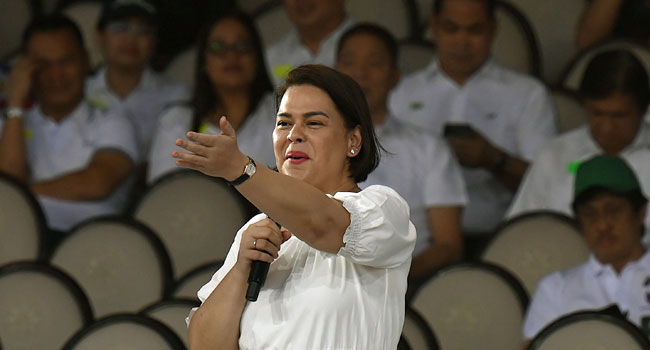
 Headlines1 year ago
Headlines1 year agoPhilippines’ Vice President Sara Duterte resigns from Cabinet


